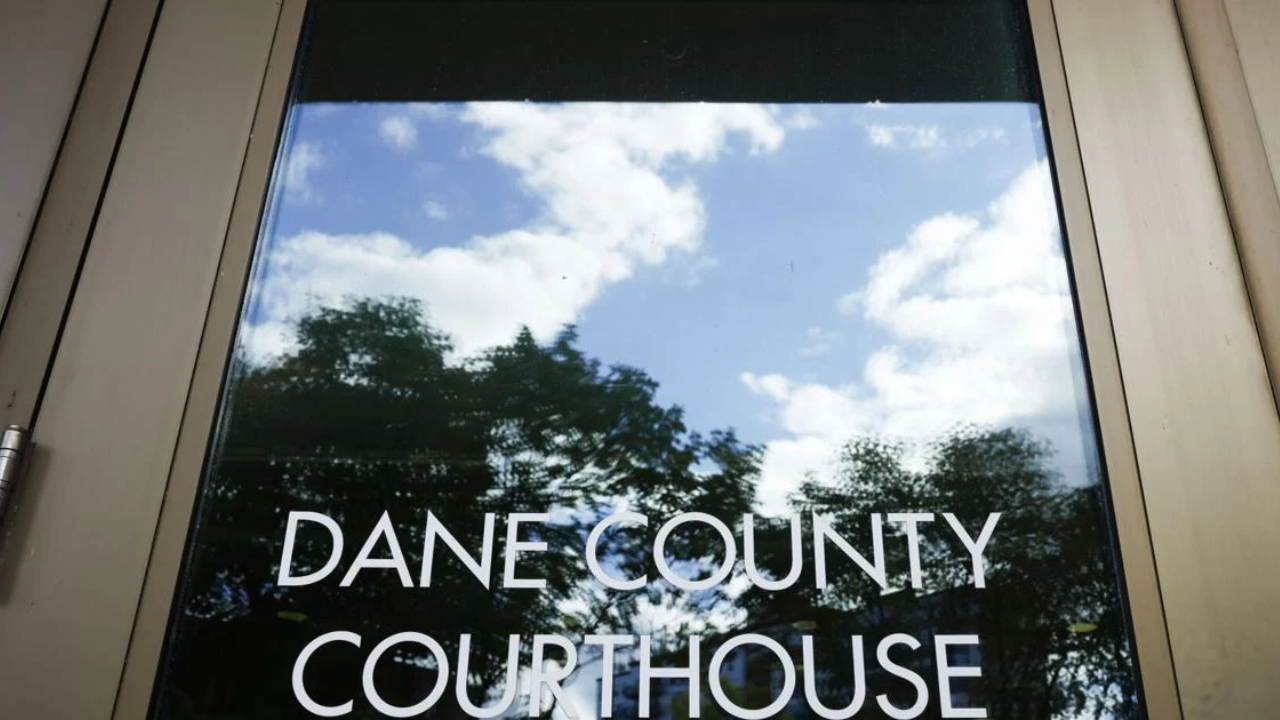When John Gross, a professor at the University of Wisconsin Law School, discovered the impact of a Wisconsin law that has led to a surge in criminal charges over the past two decades, he was taken aback.
Wisconsin law allows prosecutors to file either felony or misdemeanor charges against individuals who violate any court-ordered conditions of release while their cases are still pending.
This is far broader than the approach in most other states, where such charges are typically limited to more specific situations.
Before moving to Wisconsin to lead a public defender training program, Gross worked as a public defender in New York City from 1999 to 2006.
He said the kinds of charges now routinely filed in Wisconsin were unheard of during his time in New York.
“I usually had more than 100 cases going at once, and not once did I see a bail jumping charge,” Gross said, referring to the legal term used in Wisconsin. “Prosecutors wouldn’t use that kind of law to enforce court orders.”
Over the past five years alone, Wisconsin prosecutors have filed approximately 250,000 bail jumping charges, according to the state’s court data. Bail jumping has become the most frequently charged crime in Wisconsin over the past decade.
“I was shocked that this charge even existed in its current form and even more so by how aggressively it was being used by prosecutors,” Gross added.
In contrast, New York limits bail jumping charges to instances where someone fails to appear in court within 30 days of their scheduled date.
Although New York abolished cash bail for many types of cases in 2019, people released before trial still have to follow court-imposed conditions.
Violating those rules typically does not result in new criminal charges — unless the violation involves ignoring a court order to stay away from another person, in which case it’s treated as criminal contempt of court.
“Most criminal laws and procedures are pretty standard across the country,” Gross explained. “You might find slight variations in how they’re named or numbered, but the core ideas are the same. So when I find something that stands out like this, it catches my attention.”
According to the National Conference of State Legislatures, only seven states, including Wisconsin, criminalize violations of release conditions beyond just failure to appear. The others are Alaska, Colorado, Connecticut, Delaware, Illinois, and Maine.
It’s hard to compare how often these charges are filed in neighboring Illinois, since the state’s court system doesn’t publish detailed charge statistics like those available in Wisconsin or Minnesota.
Rachele Conant, a public defender in Kane County, Illinois, has practiced law for nearly three decades. She explained that in Illinois, even though the state did away with cash bail in 2023, someone can still be charged with a misdemeanor for violating release conditions. However, multiple violations usually lead to just one charge.
This approach differs significantly from how cases are handled in Wisconsin. There, prosecutors may bring multiple bail jumping charges for a single incident if the individual has several active cases with separate release conditions.
Conant said she frequently encounters bail jumping charges in her work, but hasn’t come across specific data showing how common they are in Illinois.
She also noted that these charges can sometimes push defendants to plead guilty, especially if facing the prospect of waiting in jail until their trial.
Disclaimer- Our team has thoroughly fact-checked this article to ensure its accuracy and maintain its credibility. We are committed to providing honest and reliable content for our readers.






